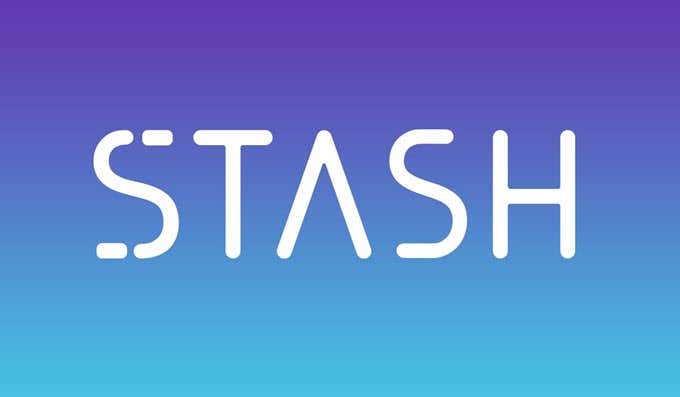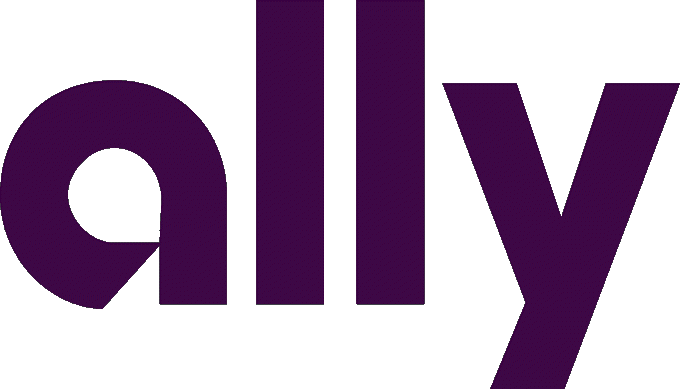Learn without losing your shirt
It’s a dangerous business, Mr. Frodo, going into investing. You step into the market, and if you don’t keep your feet, there’s no knowing where your money might be swept off to.
While Gandalf might have had great advice for an adventurous life, investing was not the most developed concept in Middle Earth. Lucky for you, we have compiled a list of the best apps for investing-on-the-go.

If you’re just starting out and want to get your feet wet without committing a large sum of money the a volatile stock market, these apps are the best places to look.
1. Acorns (Website)

Acorns is a “micro-investing” app that works with your spare change. Literally. When you make a purchase, Acorns rounds up to the nearest dollar and invests the difference. When you grab a cup of coffee on the way to work in the morning for $2.15, Acorns rounds the purchase up to $3 and invests $0.85 into your portfolio.
You can then choose from five different portfolio profiles that range from conservative to aggressive. The conservative profile means your money will likely grow at a slow pace, but in more stable, reliable accounts. An aggressive profile means there is greater risk for loss, but also greater risk for growth. Choose the one you’re most comfortable with and watch the results.
Acorn was designed as a mobile-first app, but a web portal has become available for anyone that prefers to use the internet over a mobile. While not free, Acorn is affordable—$1 per month for all accounts under $5,000, and then 0.25% of the balance per year for accounts over $5,000.
2. Stash (Website)

Stash has an identical pricing structure to Acorns, it doesn’t automatically invest for you. Stash provides users with educational content catered to their investing preferences.
If you’re just starting out, all of the terminology and acronyms can be overwhelming. While you won’t get in-depth analysis on all of the potential companies you can invest in, Stash helps you understand what all of the phrases mean.
You can choose between a values-driven portfolio or build your own customized portfolio. Once you’ve done that, you can set up the “Auto-Stash” preferences for recurring investments to create a sort of automated system based on your end goals.
It won’t take the process out of your hands, but Stash gives you the resources and information you need to get started in what can often be a confusing world. Stash is available on both iOS and Android devices.
3. Robinhood (Website)

One thing you should know about investing: it costs money to invest, but it also costs money to trade stocks. There are often brokerage fees associated with moving around your stocks, which can eat into any potential profits you make from their growth. Robinhood is a completely free app that lets you trade stocks without cost.
Of course, you can only trade during certain hours, but you can extend that time by signing up for Robinhood Gold, a subscription service that gives access to a wider range of features than the base-level app.
This may sound too good to be true, but Robinhood as a company is designed to have minimal overhead. This means their expenses are low and they’re able to pass those savings onto their users without charging brokerage fees. The app may not educate you on investing, but if you know what you’re doing then it’s a great way to move stocks without the typical costs.
4. Ally Invest (Website)

Ally Invest is the investment portion of Ally Bank, an online-only entity with low overhead fees that caters to people that want to keep their costs low. It’s a popular platform with daytime stock traders, but it’s also a great way for beginners to get started. The cost per trade is $4.95, but there is no account minimums to worry with and plenty of tools to help you along the way.
Ally also provides educational resources to help you learn how things work. It’s a great option for the DIY investor. All ETFs are commission free, but you will see a small fee for mutual fund trades.
You should also know that Ally Invest does not have automatic investing or rebalancing options—everything is done by hand, but it helps you learn more about your investments and your portfolio.
If you know absolutely nothing about investing, Ally Invest might not be the best option—but if you’re willing to dig your heels in and educate yourself on what everything means, it can be a powerful tool for growing your wealth over time.
Patrick is an Atlanta-based technology writer with a background in programming and smart home technology. When he isn’t writing, nose to the grindstone, he can be found keeping up with the latest developments in the tech world and upping his coffee game. Read Patrick's Full Bio




